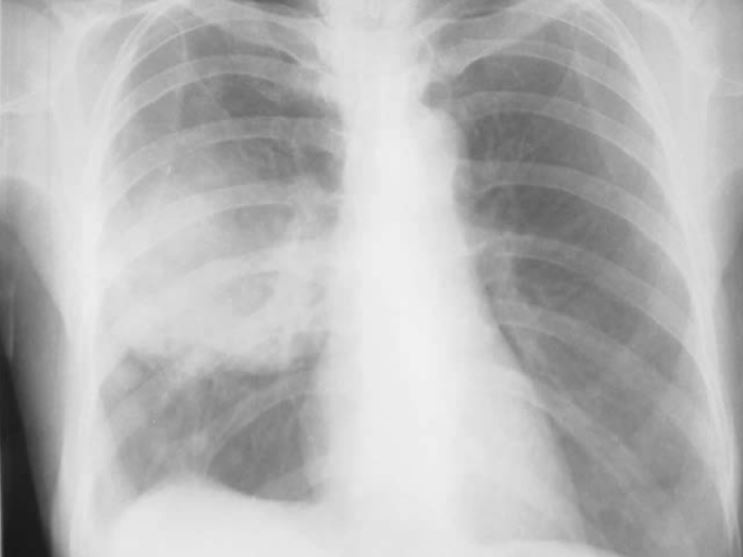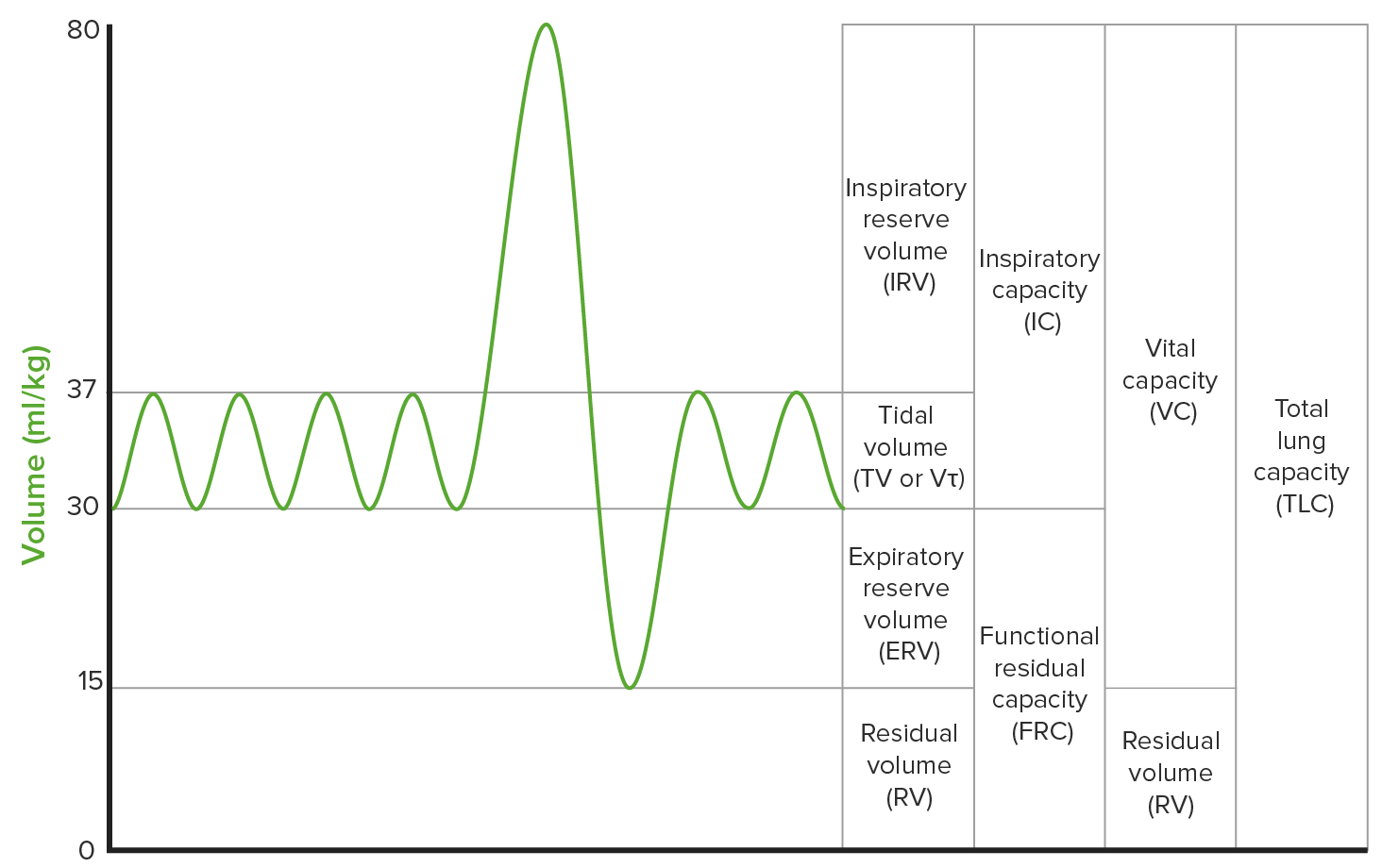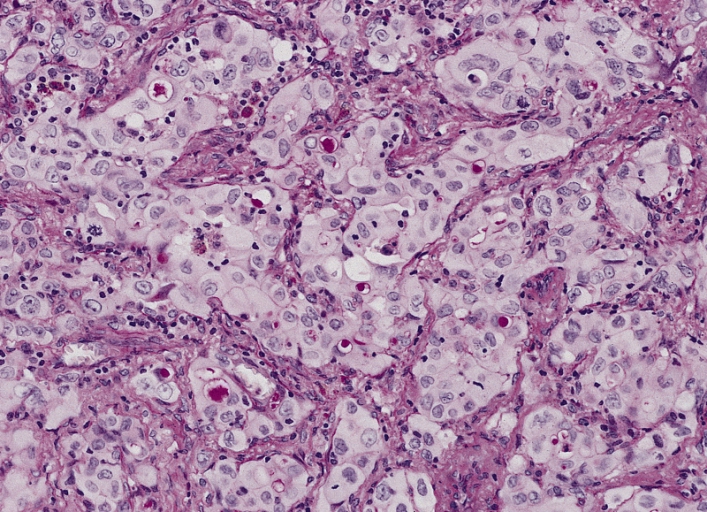Playlist
Show Playlist
Hide Playlist
Differential Diagnosis of Suspected Lung Cancer
-
Slides 07 LungCancer Tumors and Metastases Neoplasias RespiratoryAdvanced.pdf
-
Download Lecture Overview
00:00 So what's the differential diagnosis of somebody with suspected lung cancer. Well firstly if you have a mass on the x-ray, it could be a lung cancer. But also it could be a metastases or other types of cancers which I am going to describe in little more detail later in this talk. It could be one of the rarer, more benign tumours such as carcinoids. But those are very rare already in practice and you would see many cases on cancer for each carcinoids you have not seen. 00:30 More importantly somebody that's presenting with lung abnormalities on x-ray and systemic symptoms. 00:37 It could be a lung infection tuberculosis, lung abscess, some of the less common parasitic and fungal infections are potentially possible. It could be a benign mass, it may not be a lung cancer at all. So when somebody has got the symptoms and a lung mass who is a smoker it might be a lung cancer. But it could also be cause of other problems which are not really of any major concern such as enfolded lung as well. You get a pleural effusion which has involved a part of the underlying lung and that look's like peripheral lung mass on a chest x-ray and there's various other things of lung sequestrations, Parenchymal scar from previous infection that might be thought to be a lung cancer initially then turnout not to be on further investigation. 01:21 And then there is a few inflammatory conditions that affect the lungs and occasionally it could be mistaken. Because they cause lung abnormalities on x-ray and systemic symptoms which may be thought to be of cancers such as sarcoids and vasculitis. But they are pretty unlikely to be confused most of the time.
About the Lecture
The lecture Differential Diagnosis of Suspected Lung Cancer by Jeremy Brown, PhD, MRCP(UK), MBBS is from the course Lung Cancer.
Included Quiz Questions
Which of the following is NOT part of the differential diagnosis for lung cancer nodules?
- All the options listed should be considered as part of the differential diagnosis for lung cancer.
- Sarcoidosis
- Metastatic cancer from outside the lungs
- Parenchymal scar
- Healed tuberculosis granulomas
Customer reviews
5,0 of 5 stars
| 5 Stars |
|
5 |
| 4 Stars |
|
0 |
| 3 Stars |
|
0 |
| 2 Stars |
|
0 |
| 1 Star |
|
0 |






